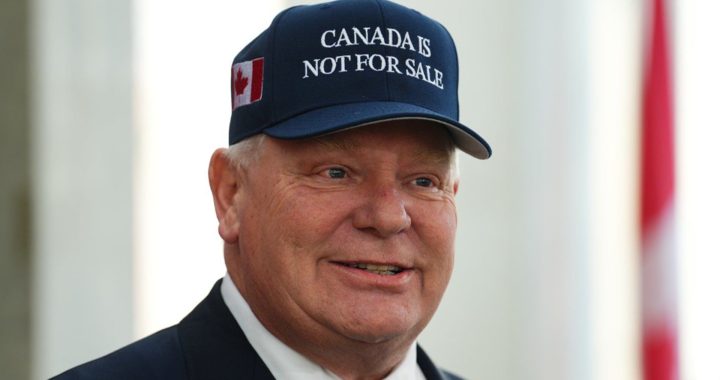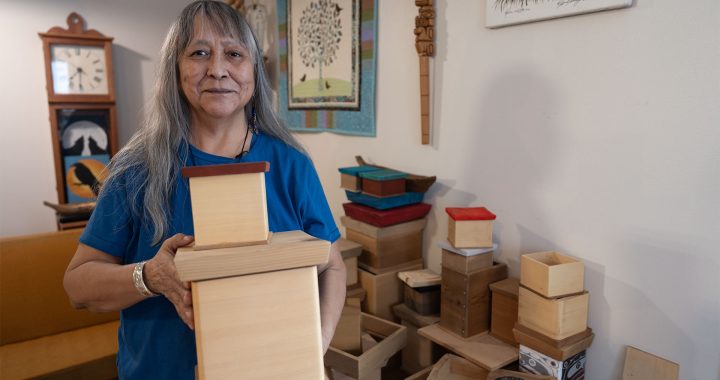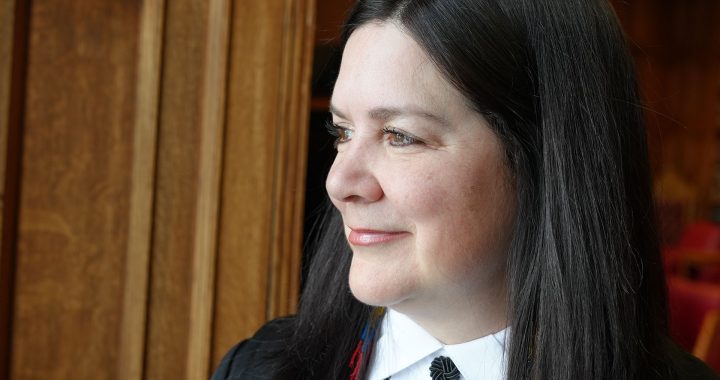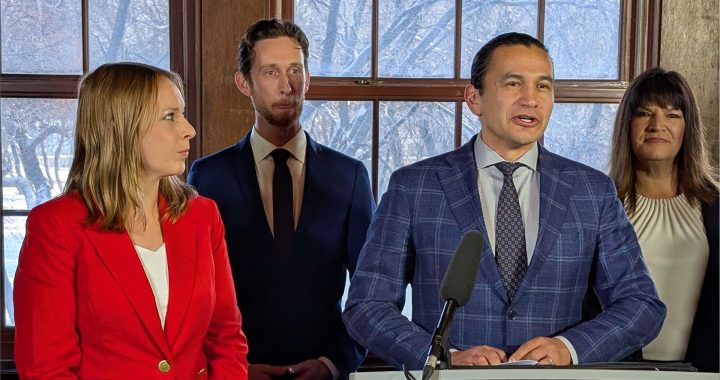Leaders from three First Nations in New Brunswick made the trip to Ottawa to voice their opposition to the expansion of a nuclear power plant in the province.
The federal government, which is pushing the concept of small modular reactors, or SMRs, and the province are proposing to put new nuclear power plants on the Point Lepreau nuclear site.
The plant sits next to the Bay of Fundy and is Atlantic Canada’s only nuclear facility.
“Our people were never consulted or asked about our input or concerns about nuclear so we’re sitting here today talking about nuclear waste and where to put it, where to place it,” said Wolastoq Council Grand Chief Rom Tremblay.
The plant also sits on the traditional territory of the Passamaquoddy nation.
“Every child needs to see what I saw, they need see those fish they need to see those trees they need healthy air and they do not need nuclear contamination for thousands of years,” said Chief Hugh Akagi at the news conference in Ottawa.
The power plant has been operating since 1983 and provides New Brunswick with 40 per cent of its power.
Like other plants, it uses uranium processed in refineries such as the d’uranium de Blind, located in Blind River, Ont., a small community west of Sudbury on the traditional land of the Mississauga First Nation.
Band Councillor Peyton Pitawanakwat said her band council issued a resolution that said, “To declare opposition to any future use of the Blind River refinery site that would see these lands being used as a disposal site for radioactive wastes unfortunately that challenges faced by our first nation are not unique, and the environmental discrimination is happening all across the country.”
Pitawanakwat said the community is consulting with the Canada Nuclear Safety Commission and that their treaty rights are not being upheld.
“There’s a lot of more in-depth discussions that need to be had and we really are at a point where we need to re-set the relationship and ensure that our rights are being upheld,” she said.
New Brunswick Power didn’t respond to a request for an interview. The Canada Nuclear Safety Commission said an interview was not possible.










